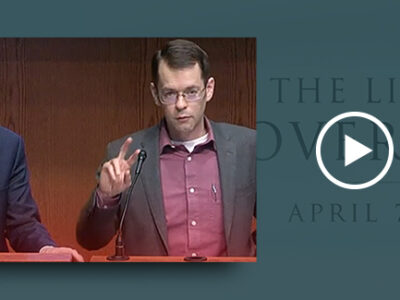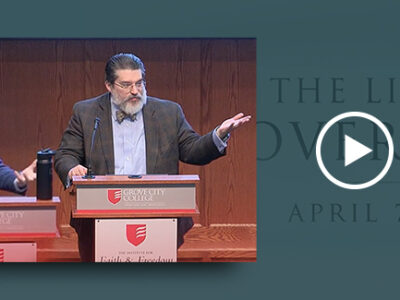Everything is bigger in Texas, including the state’s stomach for capital punishment. Since 1976, Texas has executed some 387 criminals, a number nearly four times as high as the second place total. There has not traditionally been much reticence in applying the ultimate penalty in the Lone Star State, and if the Texas House of Representatives has its way, a new class of offenders will soon be added to the endangered criminals list. A proposed law that targets repeat sex offenders recently passed the House by a vote of 118-23. The law creates a new crime called ongoing or continual sexual abuse of children, which will carry a minimum of 25 years in prison for a first offense. A subsequent offense will be met by life in prison without the possibility of parole or by death.
Say what you will about the Texas legislators, theirs is not an exercise in ambiguity. And regardless of one’s opinion regarding the death penalty, their approach might be the only sane one given the problem of recidivism.
Consider the case of recently convicted John Couey, the predator who kidnapped, raped and killed Jessica Lunsford in Florida in February 2005. Prior to killing 9-year-old Lunsford, he was arrested in 1991 on a charge of fondling a child. Further, he was accused of grabbing a girl in her bedroom in 1978, during which time he placed his hand over the girl’s mouth and kissed her. Had he run up against a law as strict as the one passed by the Texas House, he might well have never met young Lunsford.
And from the disaster that did happen, we can turn to the disaster waiting to happen.
This disaster appeared in an Illinois court last month on child molestation charges, and is named Frank D. Atherton. Despite these charges, Atherton will be vacationing in Disney World in the not too distant future.
Making matters worse, Atherton will be heading off to the Sunshine State with a judge’s blessing, even though he stands accused of sexually assaulting three children under the age of 13. Associate Judge R. Craig Sahlstrom approved Atherton’s travel to Florida for a two-week vacation on Feb. 26, and the trip to Disney World—a three-day trip as a matter of fact—was on the itinerary that Atherton provided to the court clerk. Atherton is free on bail, and one of the conditions of that bail is that he is to have no contact with children. How Sahlstrom figures this condition can be met in Disney World is a bit of a mystery, to say the least.
Atherton’s attorney, Michael Haughan, said of the Florida trip that Atherton “is going with his family, and he is presumed innocent.” Apparently Sahlstrom agreed, the prohibition against contact with children notwithstanding. We will also have to overlook that Atherton has served prison time for armed robbery, burglary, theft and resisting a peace officer. We might also have to ignore that he was indicted in 2006 for allegedly having sexual intercourse with a girl under 13 in 2003, for the same charge in the late 1990s, and for allegedly sodomizing a boy under 13 in 2001. There is one last thing to overlook in this case: Sahlstrom served as Atherton’s attorney in a prior case.
That is a lot to swallow, and the Texas House has apparently lost its appetite. In a day and age when politicians justify nearly all things by appealing to society’s concern for “the children,” Texas politicians are actually doing something to ensure the safety of the children in their state. To erase all doubt regarding their intentions, the members of the Texas House did not limit their attention to future perpetrators. They also adopted stiffer penalties against state employees who fail to report child molestation by other state employees in Texas’ Youth Commission facilities, and voted in favor of an amendment that would render non-reporting of abuse of this kind by anyone a second-degree felony.
A version of the law, which is called Jessica’s Law in honor of Jessica Lunsford, now sits in the Texas Senate. The Senate should take its cue from the House and pass it. The other 49 states should begin considering what they are willing, and more importantly what they are unwilling, to swallow from this point forward.




